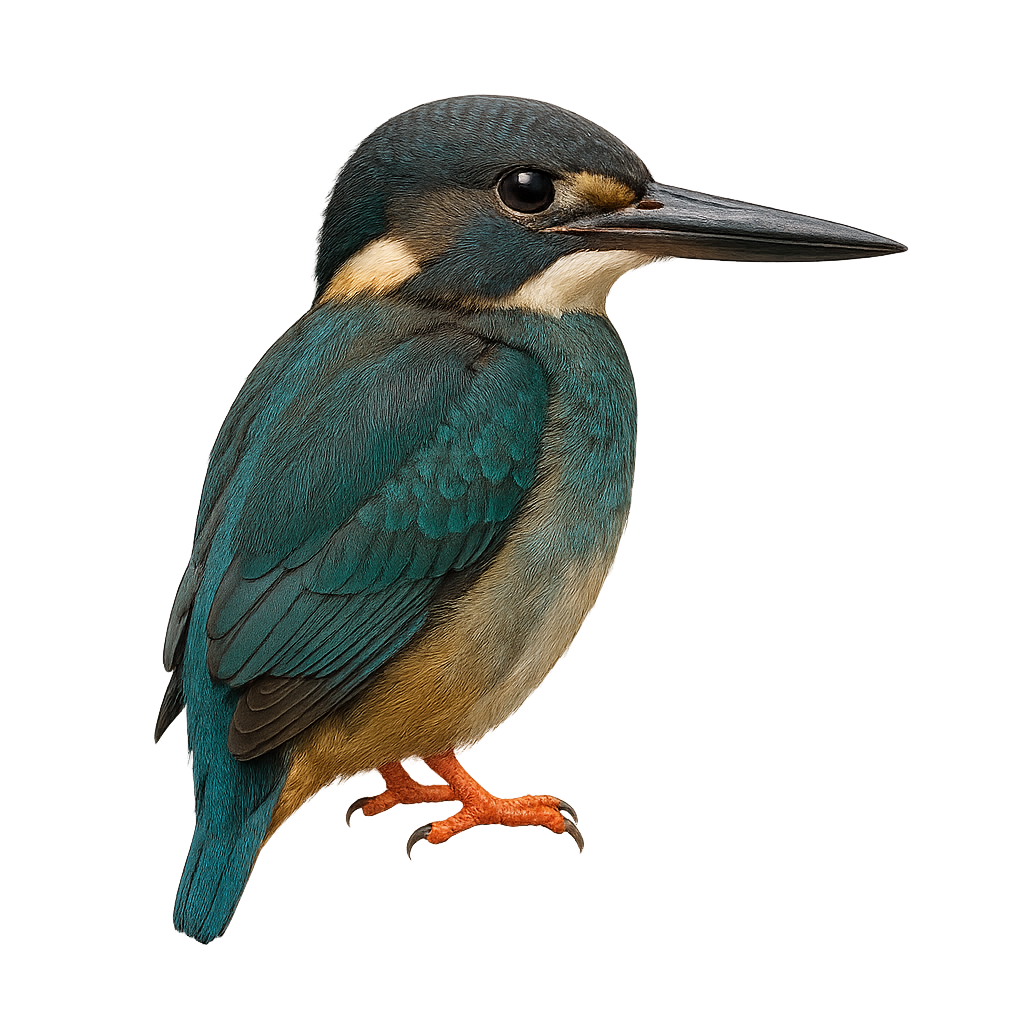Your wildlife photography guide.
Explore the javan blue-banded kingfisher in detail, study its behavior, prepare your shots.
Where to observe and photograph the javan blue-banded kingfisher in the wild
Learn where and when to spot the javan blue-banded kingfisher in the wild, how to identify the species based on distinctive features, and what natural environments it inhabits. The WildlifePhotographer app offers tailored photography tips that reflect the javan blue-banded kingfisher’s behavior, helping you capture better wildlife images. Explore the full species profile for key information including description, habitat, active periods, and approach techniques.
Javan Blue-banded Kingfisher
Scientific name: Alcedo euryzona

IUCN Status: Near Threatened
Family: ALCEDINIDAE
Group: Birds
Sensitivity to human approach: Suspicious
Minimum approach distance: 10 m
Courtship display: March to April
Incubation: 21-23 jours
Hatchings: March to May
Habitat:
Tropical rainforests, rivers, mangroves
Activity period :
Primarily active during the day, with peak activity in the morning and late afternoon.
Identification and description:
The Javan Blue-banded Kingfisher is a medium-sized bird known for its striking plumage and distinctive blue band across its chest. It primarily inhabits tropical rainforests and slow-moving rivers in Southeast Asia. This kingfisher is an adept hunter, feeding mainly on small fish and aquatic insects. It is often seen perched on low branches, watching the water for prey. Although its habitat is threatened by deforestation, it remains relatively common in some protected areas.
Recommended lens:
400mm – adjust based on distance, desired framing (portrait or habitat), and approach conditions.
Photography tips:
To photograph the Javan Blue-banded Kingfisher, it is advisable to use a telephoto lens of at least 400mm to capture detailed images without disturbing the bird. Look for areas near water where it is likely to hunt. Be patient and discreet, as this bird can be suspicious. Use a tripod to stabilize your camera and wait for the right moment to capture the bird in action, diving to catch prey.
From knowledge to field practice
A species profile helps you understand an animal. In the field, the challenge is often different. Remembering your own observations.
The WildlifePhotographer app allows you to:
• record your personal observations
• note locations, dates, and behaviors
• revisit your field references over time
• build a private and long-term field logbook
The app does not provide observation locations.
It helps you organize what you actually observe, with respect for wildlife.

